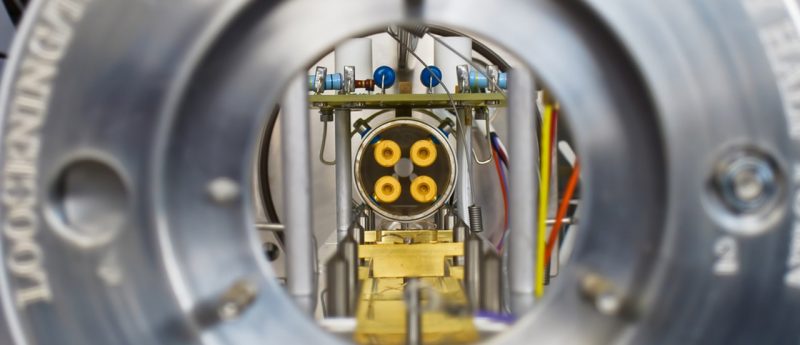Urine proteomes identified in preterm newborns may diagnose respiratory pathologies

A collaborative study between researchers from the V.I Kulakov Research Center for Obstetrics, Gynaecology and Perinatology and the Moscow Institute of Physics and Technology (both Russia) has formulated a method utilizing mass spectrometry to determine urine proteome of preterm newborns and their changes under respiratory pathologies of infectious and non-infectious origin to potentially diagnose respiratory conditions in infants.
By utilizing this urine-based diagnostic method, it may enable clinicians to not only identify disease but also control the therapeutic response and rehabilitation periods without causing pain to the patient.
Within neonatal intensive care units, a majority of patients are preterm babies often with respiratory conditions.
A major issue of treating these premature infants is the invasiveness of diagnostic procedures, however urine provides an excellent source of potential biomarkers due to the ease and safety of collecting samples.
The study, recently published in the Journal of Proteomics, utilized high performance LC–MS/MS to identify urine proteomes.
Initially the samples of 37 preterm neonates with respiratory diseases and 10 newborns as a control group were investigated, identifying 813 proteins and 3672 unique peptides. To further define the infant-specific proteins, they were compared with urine proteome samples of 11 healthy men and 11 healthy pregnant women.
This resulted in the identification of 94 proteins found only in the infant samples. Pairwise analysis was then performed to distinguish 36 proteins which reliably discerned newborns with respiratory disorders of infectious genesis (congenital pneumonia) from those with non-infectious pathologies (tachypnea, infant respiratory distress syndrome).
“In our pilot study, we succeeded in defining the core urinary proteome and proteins specific for infants and pathological conditions. We are pioneers in the non-invasive identification of urinary biomarkers diagnosing respiratory conditions in newborns. The results are optimistic and will serve as a platform to move forward in developing a method of monitoring conditions in newborns,” comments author, Evgeny Nikolaev (Moscow Institute of Physics and Technology’s Laboratory of Ionic and Molecular Physics).
Sources: Starodubtseva NL, Kononikhin AS, Bugrova AE et al. Investigation of urine proteome of preterm newborns with respiratory pathologies. J proteomics. 10.1016/j.jprot.2016.06.012. (2016) (Epub ahead of print);
https://mipt.ru/english/news/respiratory_pathologies_of_preterm_newborns_will_be_diagnosed_using_a_urine_sample




